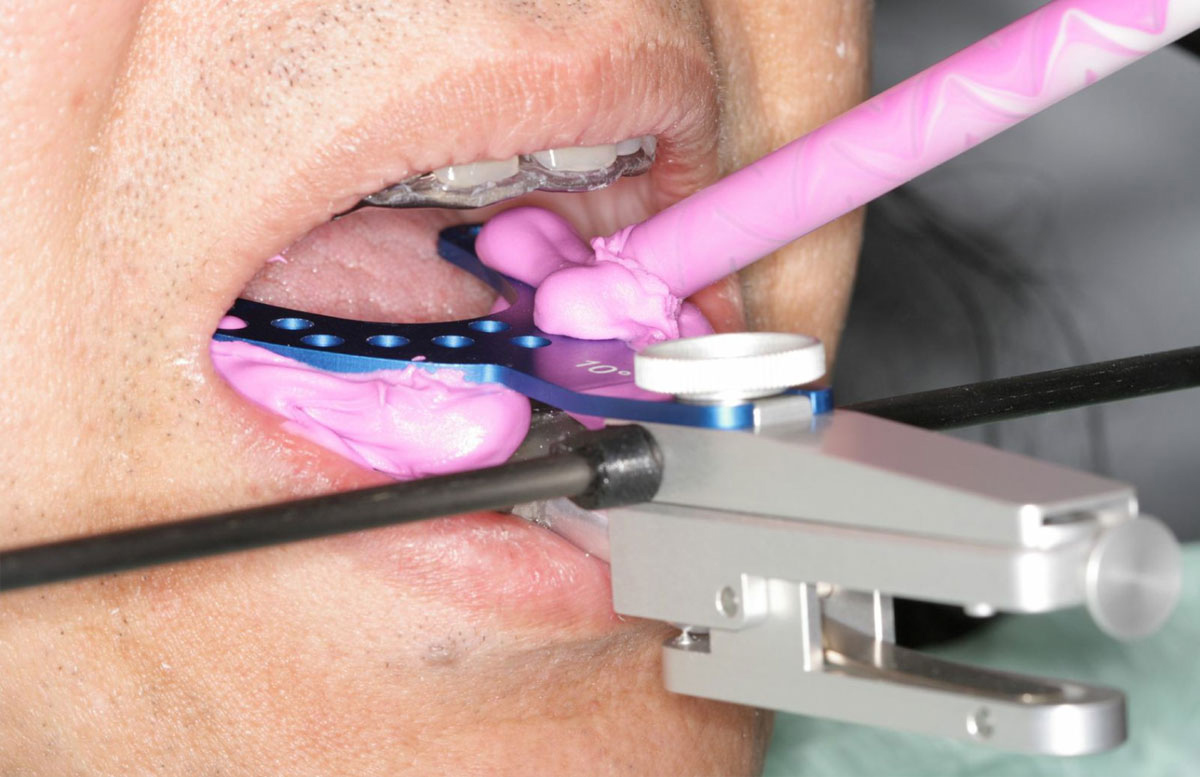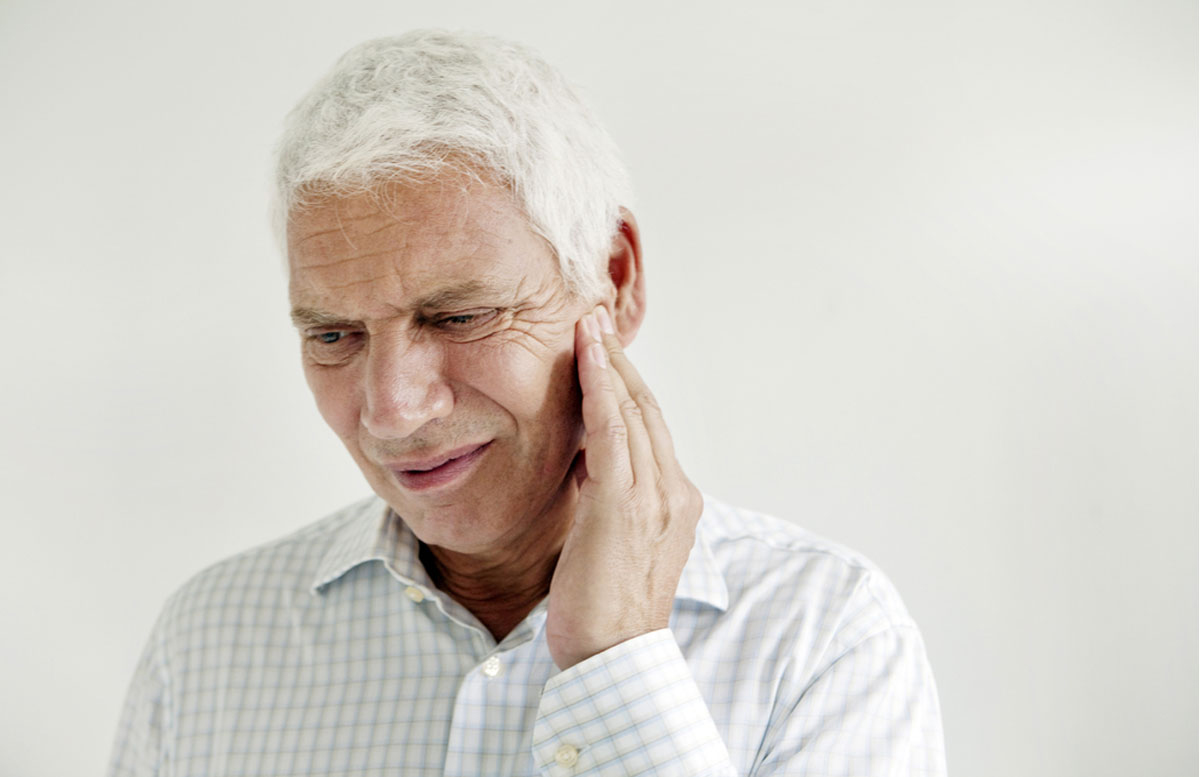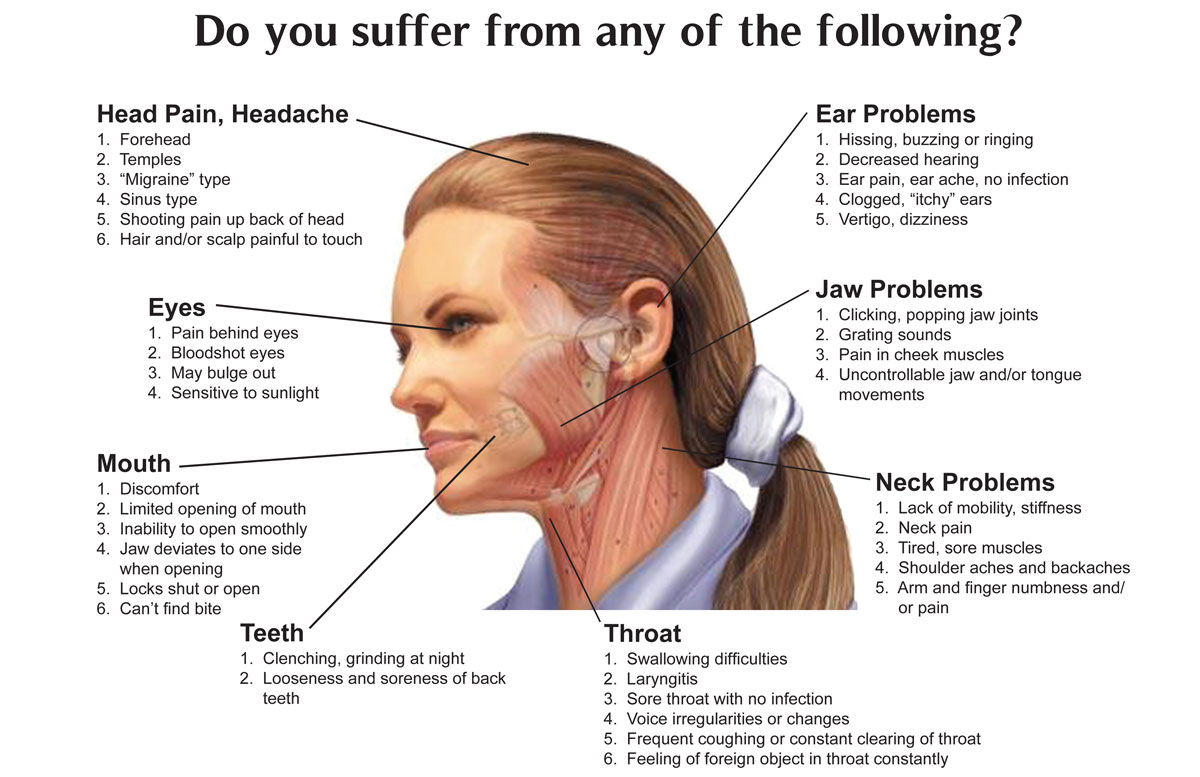TMJ Disorder Treatment
Relief for chronic jaw pain
What is TMJ?
The temporomandibular joint, also known as TMJ, connects the condyle of the lower jaw (mandible) with a socket (fossa) of the temporal bone on the side of the head. Pain in the chewing muscles or jaw joint is the most common symptom of TMJ/TMD issues. You also may experience radiating pain in the face, jaw or neck, jaw muscle stiffness, limited movement or locking of the jaw, painful clicking, popping or grating in the jaw joint during movement, or a change in your bite.
TMJ/TMD pain may be relieved by eating soft foods; applying ice packs when pain occurs; avoiding extreme jaw movements including wide yawning, loud singing and gum chewing. Since TMJ/TMD is often associated with stress and/or cramps in the chewing muscles, techniques to reduce stress and practicing gentle jaw stretching and relaxing exercises to increase jaw movement may be helpful. Short-term use of common pain medicines may provide temporary relief from TMJ/TMD pain.
What to Expect
A visit for evaluation, and potential follow-up visits. Depending on your history and symptoms, your prosthodontist may recommend a stabilization splint or bite guard to treat your jaw pain. This custom-made plastic device fits over the upper or lower teeth. Stabilization splints are the most common treatments for TMJ/TMD pain and dysfunction.

Consider Treatment If…
- You experience pain near your ear
- You have jaw clicking or poping
- You have pain in the cheek muscles
- You are experiencing common related problems such as chronic headaches, ringing in ears, or pain behind the eyes.

Want to learn more about TMJ/TMD treatments?
We’re very happy to arrange a consultation at any time to evaluate your specific needs.

